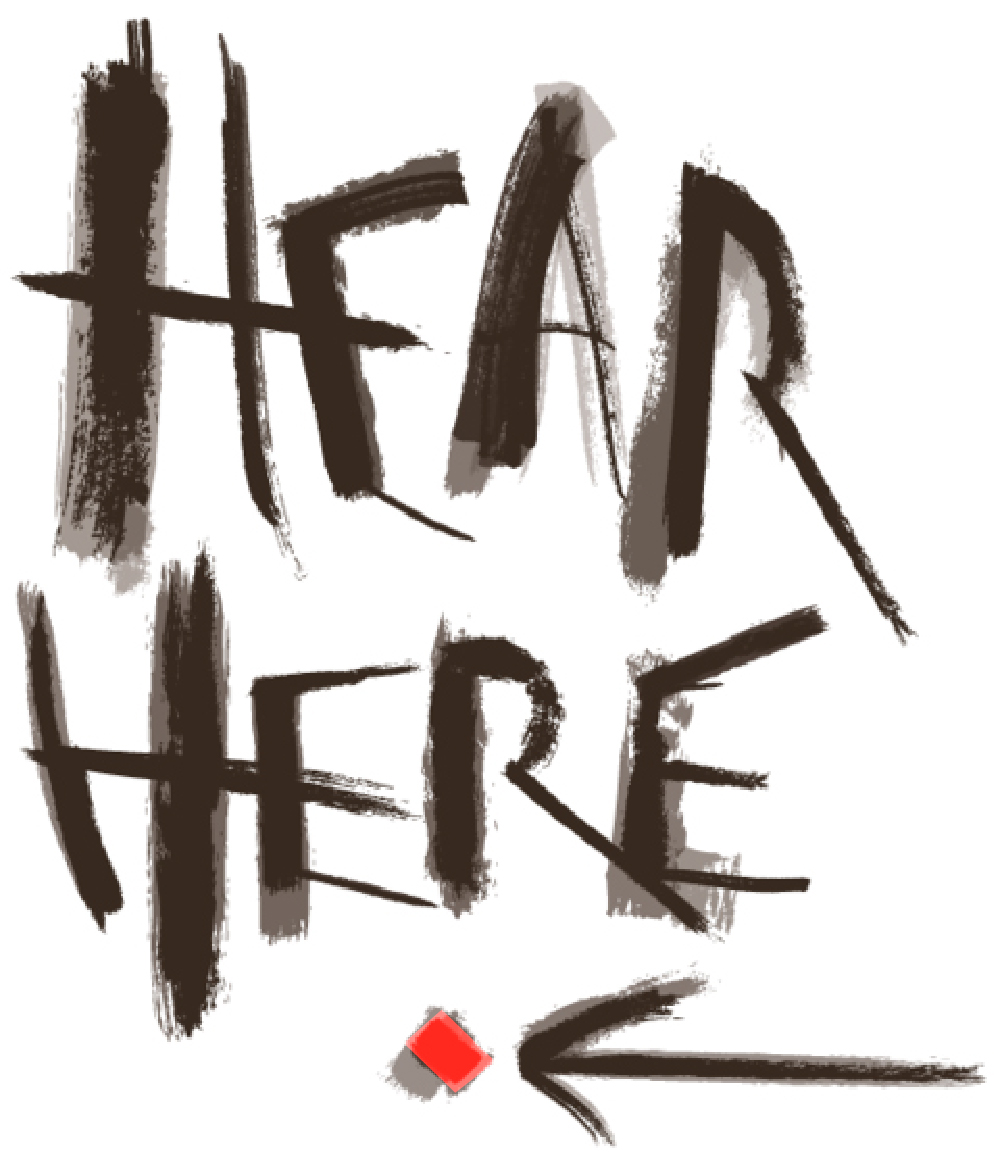Literature New Voices July 29, 2015Alexandre’s blood ran down the balcony railing. First it looked black, then red as it caught the light. I blinked as a drop landed in my eye and half the world went dark. When I wiped it away, a faint, pink blemish was left on my otherwise white skin. The clouds passed the horizon, dark and churning like another sea. The wind, roaring, caught Alexandre’s cloak and made it writhe away from his corpse. It flapped through the railings, obscuring my view of him. The crowd began to flee down the boulevard–they had listened to Alexandre’s speech and feared that they too might face persecution–but there was someone still beside me. I said to him, “It looks like a flag, doesn’t it? The way his cloak moves in the wind.” “What?” I nodded to the balcony, bit off a bitter laugh. “Don’t you see it?” It rained. A drop of blood bloomed on my white robe. I looked at it in distaste, unable to wipe the stain away. I took a step back, and his blood made strange patterns on the ground before it was washed away by the storm. Now everyone was running past me, but I remained. There was nothing to fear: Alexandre was dead. The constables had done their job, and would soon arrive to clean the mess they had made. I, having come to terms with Alexandre’s death long ago, was the least of my own concerns. Here they come now. Rushing past me. Dressed sternly, guns saluting the air. “Hello? Monsieur? Pedestrians need to evacuate,” one said. I looked over my shoulder. He noticed who I was, paled, and said, “ Monsieurpraefect…” I waited. “Yes?” “Is there—uh–something you require, Monsieur praefect?” “Nothing you can give me.” I looked away, and the constables, uneasy, ignored me. When they took him down and destroyed the cloak, his words, once floating on the air, were silenced, though the sky was loud. It was the second time I had heard him speak. The first was at a government-funded dinner, hosted as a last-ditch campaign effort by the oligarchists. I went only because attendance at government functions is mandatory for officials such as myself. When I entered Gulliver’s Hall, it was obnoxiously crowded. I sniffed the wine in which I was not allowed to partake publicly, I tried not to watch the dances I couldn’t learn anyway, and I kept a pretty face for all the aristocrats, sycophants, and oligarchic lackeys who decided to make my acquaintance. The fluorescent bulbs on the ceiling made me squint. I prefer those dark, cramped places where our sins are hidden, where my brothers dull the world with black market gin and smuggled laughter, and spit and curse like criminals and thieves while discussing the disgusting politics that no good soul would contemplate. I was in a dark mood, also, because I had not dreamt recently, and I was wondering if my God had forsaken me. The lights burned my sensitive eyes, and I


